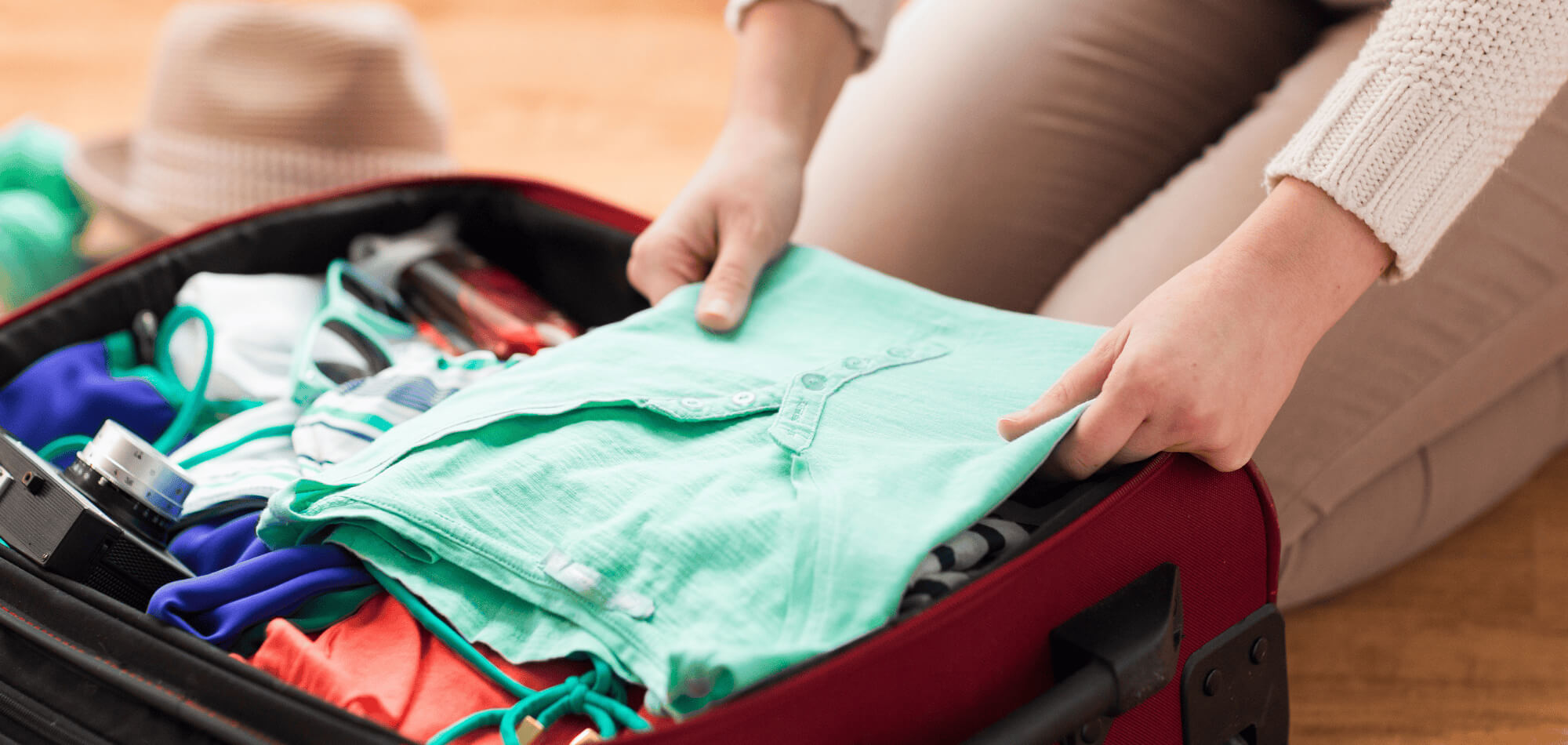Planning is essential when traveling with a loved one facing the challenges that come with dementia. Based on the expertise from the staff at Amazing Place and our caregivers, we have put together a list of considerations and tips to make your travel experience manageable and enjoyable for you and your family.

- If possible, take the easiest, most direct route and limit your travel time to 4 hours.
- Consider driving instead of flying as airports can be overwhelming especially during the summer and holidays.
- Driving can give you more flexibility and control over your schedule. Being able to stop for lunch or dinner during the time your loved one is accustomed to can help relieve anxiety.

- Consider visiting a familiar destination, even one from long ago, where other family members can meet you. Peaceful and relaxing settings are recommended.
- Make sure your loved one has access to a quiet place when needed.
- Bring familiar activities and snacks.
- Bring a blanket as people with dementia are often cold.
- If you are visiting family or friends, reacquaint your loved one by showing them pictures.
- Prepare a small card stating, “My loved one has dementia” and keep it readily available to show to airport staff, restaurant staff, etc.
- Consider getting a credit card with a small limit on it in for your loved one. This gives them the freedom to pay for things but protects you in case it gets lost.
- If your loved one wants to help pack, provide a small bag to pack and then put it out of sight. This can be a stressful task and some have a tendency to pack, unpack, repack, etc.
- Never leave your person alone! Even if they often stay home alone, unfamiliar sounds can be a trigger for elopement.

- If you must fly,
- Contact airlines ahead of time to see what assistance is offered.
- Traveling is stressful to a dementia brain and can result in unusual behaviors. Having an extra travel companion is necessary for both safety and peace of mind.
- Know where the prayer room or chapel is in the airport as it is usually a quiet place to wait or regroup.
- Bring noise cancelling headphones to reduce confusion.
- Utilize available airport transportation or other types of assistance.
- Limit carry-on luggage but bring important documents, medications, toiletries, and a change of clothes.

- Self-care for caregivers is important so make sure to plan time for yourself. And Hydrate!
- Lastly, have fun but set realistic expectations. Even in the early stages, atypical behaviors are very likely. A person with dementia may have trouble with things they do not normally have trouble with at home. Expecting this and planning for it is important.
